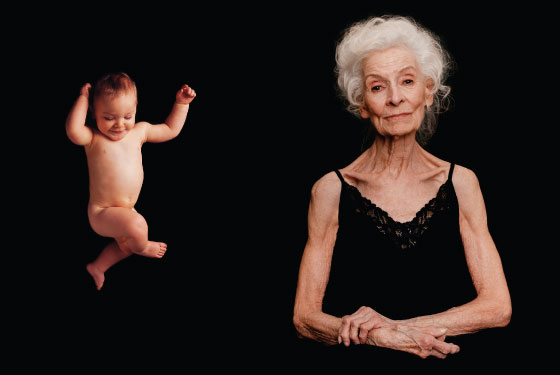Every single senior living company spends huge amounts of dollars, human capital and emotional energy on marketing
Every single senior living company spends huge amounts of dollars, human capital and emotional energy on marketing (as does every company selling anything). I would like to propose that senior living communities need to spend more time focusing on how they can increase the average length of stay for their residents. It is generally accepted that the average length of stay in assisted living and mixed levels of care communities is around 18 months. What if you could increase that to 24 months?
- What would that do to your occupancy rate?
- What would that do to your marketing expenses?
- What would that do to the number of dollars you budget for Caring.com’s* referral program (sorry Caring.com, but I have to go here)?
- What would it do to your maintenance costs?
- What would it do to your sales costs?
At every conference there is much discussion about how the seniors who are moving into senior living are older and have more medical and ADL needs. This is fueled primarily by people’s innate desire to live as long as possible at home, better access to home care . . . and perhaps, if we are honest, senior living communities not really making a persuasive case for moving earlier and finally by how much money senior living costs.
Volunteering and Seniors
A few weeks ago a team of researchers (mostly volunteer seniors) lead by Nicole Anderson who is with Baycrest Health Sciences, Toronto, Canada, published a literature review that took a look at the impact volunteering has on seniors. The most important and unfortunate thing the study uncovered is that this is an area that needs considerable additional research. But in spite of that, the study uncovered some remarkable findings:
- Seniors are slightly less likely to engage in volunteer activities than younger groups. This seems to primarily be about failing health making it difficult or impossible for some seniors to do volunteer activities.
- The median number of volunteer hours by seniors was around 100 or about two hours per week.
- The evidence strongly suggests that when seniors volunteer the rates of cognitive decline and dementia drop by as much as 40%.
- When seniors volunteer they appear to have significant reductions in symptoms of depression.
- The evidence strongly suggests that seniors who volunteer live longer.
- While counter intuitive (at least to me), the more vulnerable seniors (those with chronic health conditions) seems to be the ones that benefit the most from volunteering.
- The serving opportunities need to be meaningful.
Creating a Powerful Pivot
The traditional model of life enrichment has been time-filling entertainment. This data would suggest that if senior living communities began to focus on creating a variety of regular, real meaningful opportunities for seniors to engage in volunteering they will see significant improvements in the health and wellbeing of residents. There are not many times where something is a win for everyone. This is one of those cases where everyone wins.
What are you doing to create volunteer activities for your residents?
Steve Moran
* Caring.com is a Senior Housing Forum Partner
If you like this article (or even if you don’t) it would be a great honor to have you subscribe to our mailing list HERE









Excellent Steve. Working closely with other community groups the volunteer work can sometimes be brought into the community-like stuffing envelops. Other times it can be as simple as residents from the independent communities serving as receptionist. I know when we first implemented this idea in the nursing home we had to watch how regulations viewed it-as volunteer work verses labor. There are so many ideas. You planted an important seed.
This reminds me of the retirement communities that have child care on site. The staffers are close to their kids and everyone is happy. Or of the German senior care management company that has vocational schools (for those interested in senior care) built within various communities. In both cases, there are volunteers that help mix generations. A win-win all around
Seniors must remain active. I am in total agreement with engaging residents and actually the same applies to seniors who remain at home. They are bored, their cargeivers are bored, hence the high turnover rate. I visualise a one stop senior facility where apart from housing, the vocational school, childcare center, store front with items for rehabilitation and other senior needs, gift shop, a garden center and fresh food store even a counselling center for young men and women where seniors can share stories…all this on one compound. Residents become scheduled volunteers that are dependable and hapy to reside in the community. This may reduce labour cost, maintain and increase occupancy rates and yes reduce marketing costs in the long term. It is worth researching.